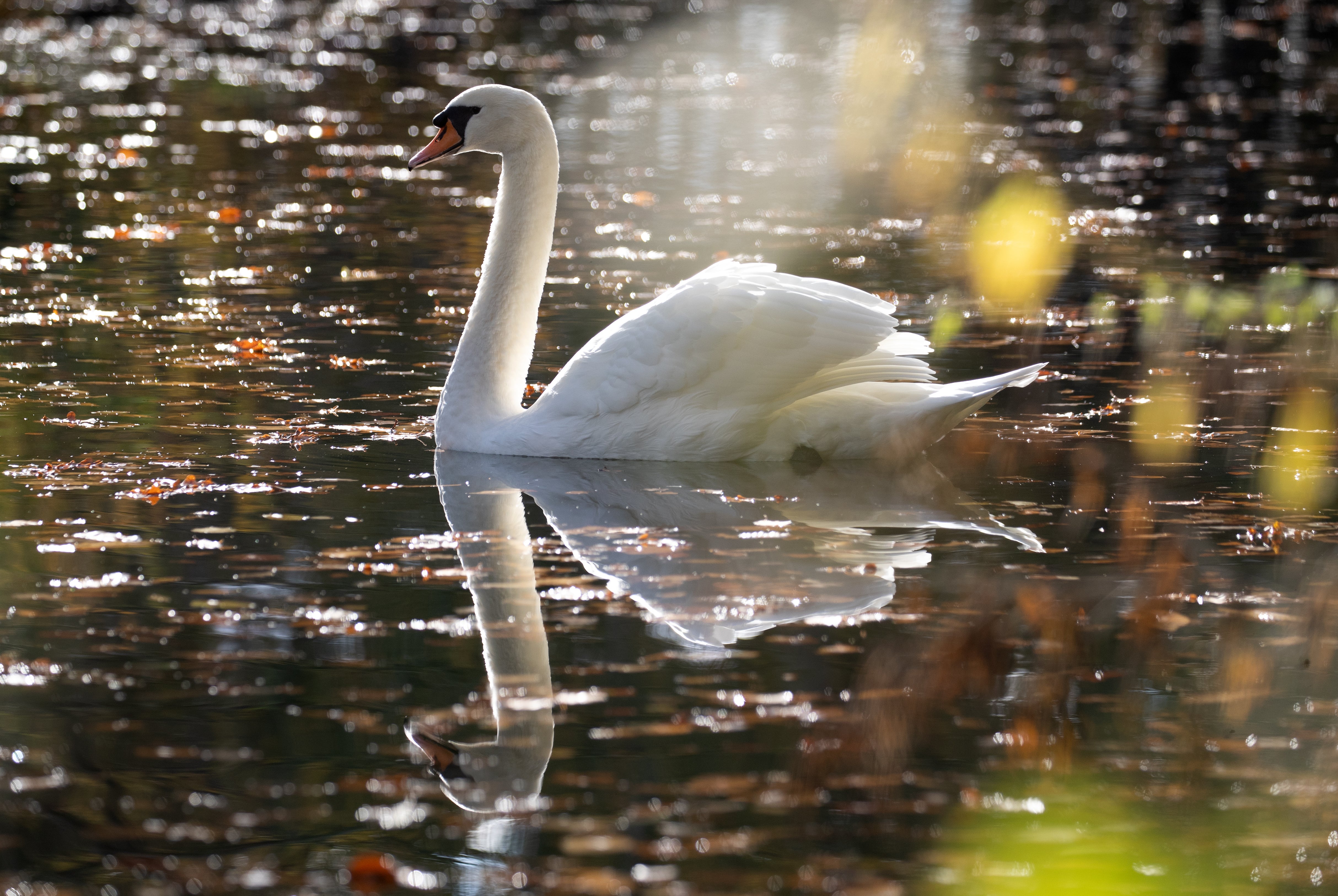Spate of swan deaths investigated for avian flu connection
Outbreaks of H5N8, which has been in evidence among wild bird populations in Europe and have been confirmed in geese and swans in Gloucestershire, Devon and Dorset.

Your support helps us to tell the story
From reproductive rights to climate change to Big Tech, The Independent is on the ground when the story is developing. Whether it's investigating the financials of Elon Musk's pro-Trump PAC or producing our latest documentary, 'The A Word', which shines a light on the American women fighting for reproductive rights, we know how important it is to parse out the facts from the messaging.
At such a critical moment in US history, we need reporters on the ground. Your donation allows us to keep sending journalists to speak to both sides of the story.
The Independent is trusted by Americans across the entire political spectrum. And unlike many other quality news outlets, we choose not to lock Americans out of our reporting and analysis with paywalls. We believe quality journalism should be available to everyone, paid for by those who can afford it.
Your support makes all the difference.A spate of swan deaths across Britain are being investigated amid concerns they could be connected to a highly contagious strain of avian flu.
A number of dying swans were found spinning in circles and bleeding from the nostrils in Cumbria and a further 25 dying birds were found in Worcestershire, as reported by The Guardian.
Outbreaks of H5N8, the latest strain of bird flu, has diagnosed in wild bird populations in Europe and among geese and swans in Gloucestershire, Devon and Dorset.
The Department of Environment, Food and Rural Affairs (Defra) has asked people to report sightings of dead swans after confirming a number of cases of cases of the virus in wild birds.
Britain's Chief Veterinary Officer Christine Middlemiss told the Telegraph: "After a number of confirmed cases of avian influenza in England we have taken swift action to limit the spread of the disease."
The latest strain of bird flu, H5N8, is the same one that was responsible for the decimation of bird flocks in 2016-2017.
Some bird keepers across England, Wales and Scotland have been placed under strict biosecurity measures after the discovery of H5N8 cases at two poultry farms in Herefordshire and Cheshire.
Public Health England has said the risk to public health and food safety from the virus is low, with properly cooked poultry and poultry products including eggs posing no danger.
Bird flu, also known as avian influenza, is the name for a number of different virus strains that infect birds.
The vast majority of strains of the virus do not infect humans. To date there have been no recorded cases of a human infected with bird flu in the UK.
In rare cases humans can catch the virus when coming into contact with live infected birds, with those working with poultry particularly at risk.
The symptoms if you do catch it include a very high temperature, sickness, stomach pain, aching muscles and a cough.


Join our commenting forum
Join thought-provoking conversations, follow other Independent readers and see their replies
Comments